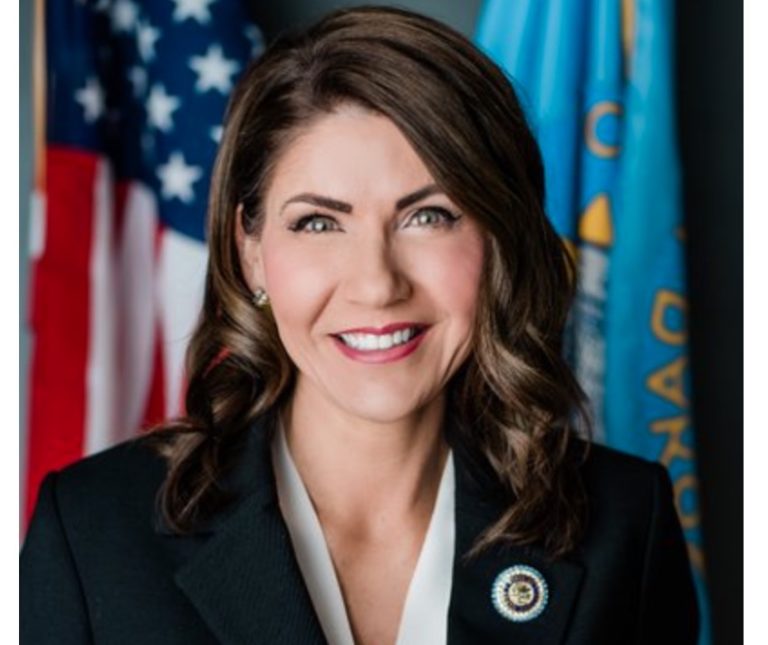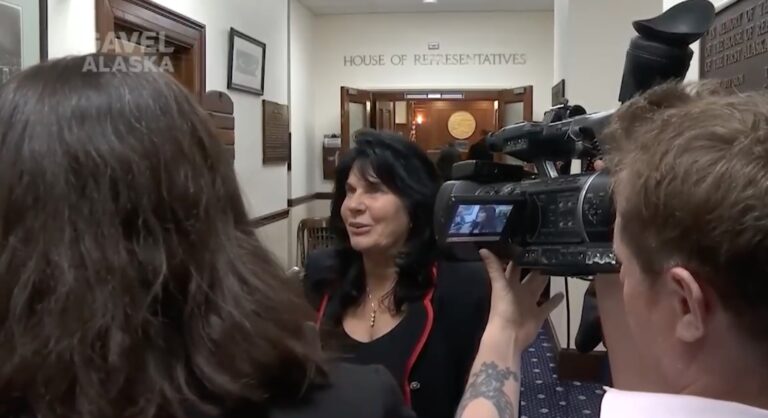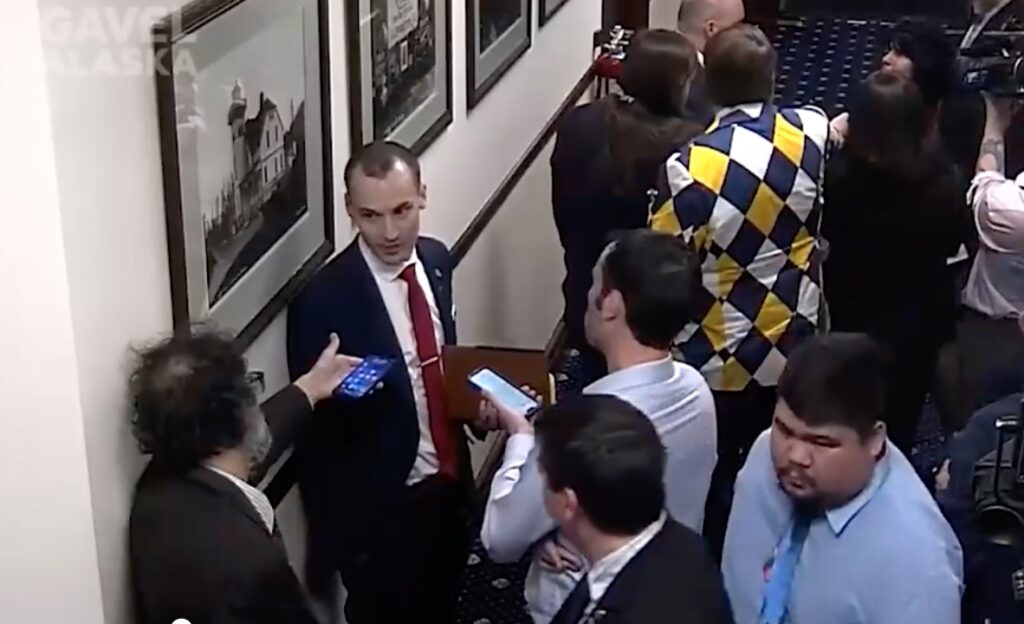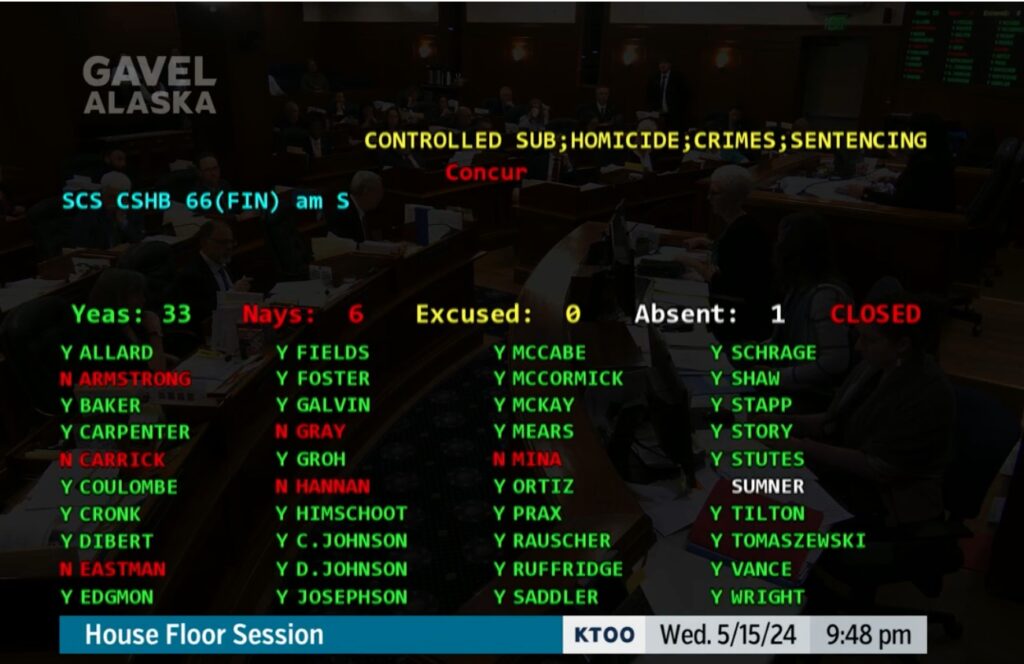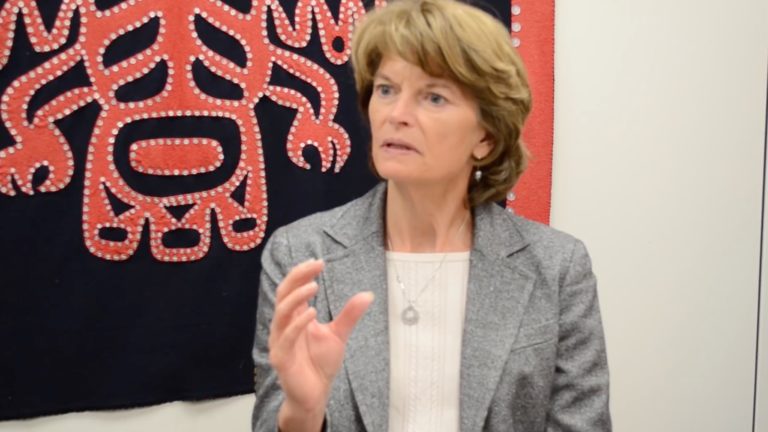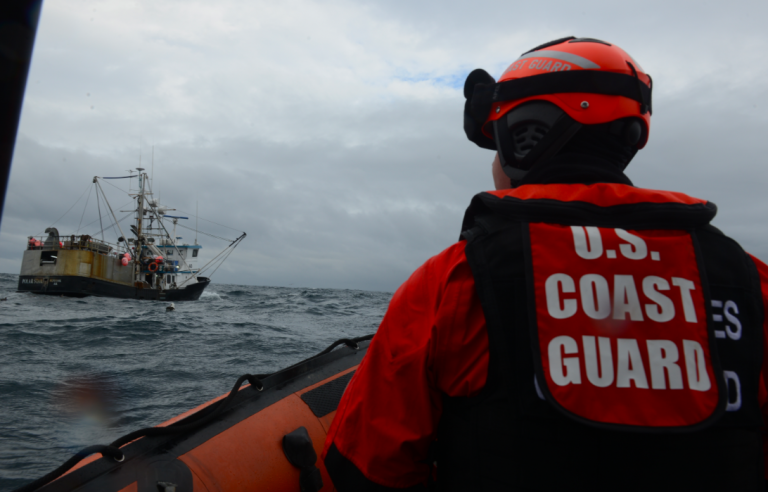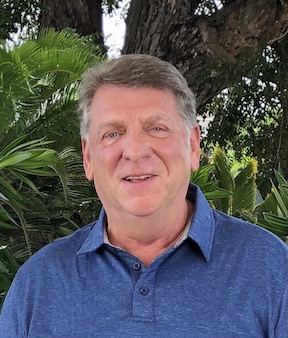By GREG SARBER
The news that South Dakota Gov. Kristi Noem shot a vicious dog that she owned when she was younger was greeted with outrage by animal lovers and has supposedly torpedoed her chances of being Donald Trump’s vice-presidential running mate.
The majority of people in this country live in urban areas, and killing a dog is hard for them to understand. Critics claim that this was an act of cruelty on Noem’s part, and it would have been kinder to rehome the animal. Urban Americans are far enough removed from the realities of life in rural America that they can’t understand Noem’s actions.
While critics call her out, those who live in farm country, on a ranch, or in rural Alaska are wondering what the big deal is. This kind of thing happens occasionally, and to them, the main issue isn’t animal cruelty, it is accountability. It is easy to avoid responsibility when you live in urban America. If you see someone speeding on the highway, just stay out of the way and call the cops. If you see a homeless person begging as you walk down the street, pretend you didn’t hear anything and keep walking. If you have a vicious dog, well, just take it to an animal shelter, and it will become someone else’s problem.
In urban America, it is easy to shift your burdens onto someone else and avoid responsibility. That is the way things often happen in big cities, and it is easy to be judgmental of others who behave differently.
There was a time when all Americans, both urban and rural were people of character. If they saw a problem, they owned it and had the obligation to try to make it right. It is still that way in much of the country outside of the big cities. In the case of Kristi Noem’s dog, she says that the dog was untrainable and vicious. It escaped from her and killed some neighbor’s chickens. In rural America, chickens have value. They produce eggs and can be used for food. When a dog kills them in a fit of brutality, the chickens suffer, there is a financial loss, and the dog becomes a liability to its owner.
In a city, it would be easy and convenient to give a dog like this away to someone else, or perhaps take it to the local no-kill animal shelter that will promise to rehome the dog with some other unsuspecting owner. Most urban Americans would happily do this, and then forget about the dog as they drive away from the animal shelter in the belief that they did the right thing.
They should ask themselves who is responsible if that dog should still attack again and kill more chickens, or perhaps a cat or maybe a small child. In this situation who is the responsible party? Is it the unsuspecting new owner trying to do the right thing when they adopt the dog from the shelter, or is it the original person who knew the dog was a brute, but turned it into the shelter to avoid taking responsibility for its actions and to salve their guilty conscience? After all, they didn’t kill the dog, it was someone else’s problem as soon as they drove away from the shelter.
In rural America, people are not like that. They often lack the luxuries of life that are enjoyed in the big cities. There aren’t any no-kill animal shelters for many people. In rural America, the owner of the vicious dog is responsible if it should hurt more animals or people. In the case of her dog, Noem did what she thought was right. She took it to a remote location and euthanized it as compassionately as possible to prevent it from doing additional harm to others.
Alaska is a bit like rural South Dakota, and sometimes people here are put in situations where they have to do the right thing, even if it is hard. This issue reminds me of something that happened when I was a kid. This was 60 years ago, and Alaska was a very different place at that time. The incident involved a friend of my grandfather’s, an old Norwegian fisherman and it happened when he was out longline fishing for halibut. This type of fishery requires baited hooks to be attached with metal clips to a long length of rope that is played out behind the vessel.
Unfortunately, the seas were rough, and the injured individual lost his balance. When he fell, one of the large J hooks got jammed into the middle of the palm of his hand. I am sure it was very painful. The hook was baited with herring, and everyone on the vessel knew that the injured hand would probably get infected. In today’s world, the vessel might have immediately headed for port to get him medical attention, or perhaps called for a Coast Guard helicopter to take the injured party to the hospital.
Back then things weren’t done that way. Everyone on the vessel was from the same extended family and the trip to port would have had a financial cost for the captain and crew on the fishing vessel. The captain would have to spend more money on fuel and the crew would have lost out on their crew share for the lost catch.
Calling for the Coast Guard would have left the boat shorthanded and put extra work on his crewmates. Either of these options would have shifted the burden for the injured party’s mistake onto other members of his family, which wasn’t done in that culture. So, the injured individual made the tough decision to deal with the problem on the boat so that they could keep fishing.
He shoved the hook completely through his hand, cut off the barb, and then pulled the remaining shaft of the hook backward out of his palm. I am sure that it was very painful and was a hard story to hear when it was retold to me. It was probably worse than it sounds when I write about it. The crew then disinfected and bandaged up the injured man’s hand as best they could and went back to work, with everybody including the injured party still doing their job until the trip was completed.
When they reached port, the injured individual got medical treatment and eventually recovered. Out on the fishing grounds, they did what they thought was right, even though it was painful for the injured man. This is how things get done in rural America. Strong men and women do what must be done in the face of adversity.
I could tell many more stories of people performing similar acts when put in difficult situations with no one around to help them. There are times when bad things happen and there is nobody to turn to. In Bush Alaska, if you get into a situation like this you deal with it as best you can.
I believe that is the situation Kristi Noem was in. As I understand the story as she tells it, her dog was a vicious brute and a hazard to other animals and potentially other humans. Noem could have probably passed the dog off to somebody else, but for a truly vicious dog that was not the right thing do to. She didn’t shirk from her responsibility and did what was needed. I am not advocating being cruel to animals, but at the same time, if they are a hazard to others, they need to be put down.
This incident has likely ended any chance of Kristi Noem being picked to run as Donald Trump’s vice-presidential running mate. It may have also ended her political career. There are a lot of dog lovers in South Dakota and Noem will have a hard time explaining her actions to them in future elections.
Before this incident, I was not a Kristi Noem supporter, and still am not, but I do have a newfound respect for her. She didn’t shirk from a challenge; she owned the problem and did what she thought was needed. Now that the story is out, and she is being attacked by critics, Noem hasn’t tried to hide from it, demonstrating courage in the face of adversity.
I can think of no better behavior from a politician.
Greg Sarber is a board member of Alaska Gold Communications, parent company to Must Read Alaska.




